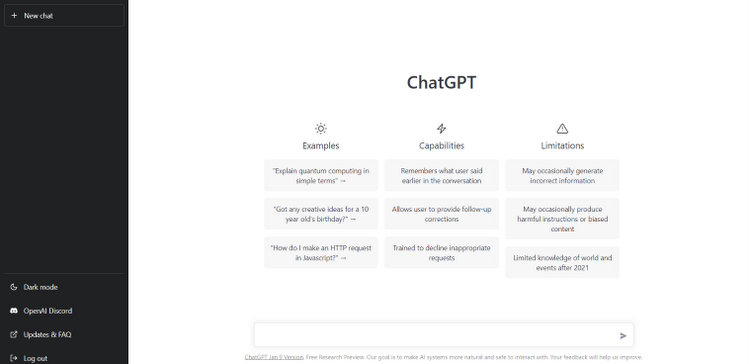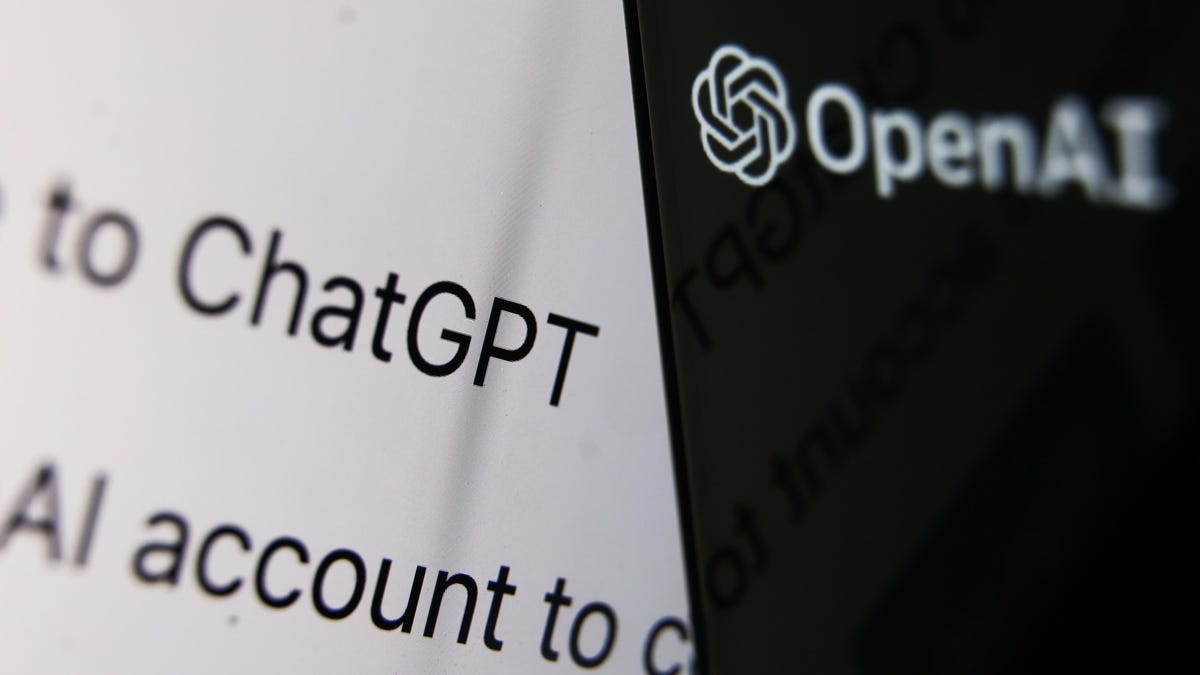ChatGPT is a cutting-edge AI technology that can generate content on a wide range of topics at a speed that is hard to believe. This has caused concern among writers who fear it may replace their jobs, as well as frustration among programmers who find it challenging to compete with. Now, even teachers are afraid of ChatGPT’s abilities because it’s so easy to write short pieces or long articles with it. Teachers worry that this will stop students from being creative.
Many schools and universities are against the AI tool, and some are even worried that it could lead to plagiarism while generating output for text prompts. But the CEO of OpenAI doesn’t agree. He prefers to think of ChatGPT as a medium to learn efficiently and said that he will prefer it to an actual teacher to learn new topics.

How is ChatGPT bad for students?
As technology advances, the concern about plagiarism among students has risen. Many educators and admission officials worry that with the ease of access to information, students can now easily copy and paste without detection. However, the CEO of OpenAI has addressed this issue and stated that the company is working on developing tools to detect plagiarism committed by ChatGPT. This may seem reassuring, but there is a catch.
The CEO also mentioned that while they will be working on a detection tool, it may not be entirely effective. This is due to the belief that ChatGPT is so advanced that it is able to produce unique responses to prompts, rather than simply reproducing text from existing sources.
CEO Sam Altman said in an interview that OpenAI will develop ways to identify chatGPT plagiarism.
But what if everyone in the class has the same task and uses the same tool to do it? How will ChatGPT give different answers to questions that seem to be the same? Then there’s the problem of stealing research papers and web content without permission and putting out the results without the proper citations.
Sam Altman says that the doubts about ChatGPT are like how we used to be afraid of using calculators on math tests. Slowly, people’s ideas changed, and schools came up with ways to test math skills that weren’t just basic math problems.
He thinks that schools shouldn’t tell students they can’t use tools like ChatGPT because it hurts their chances of growing and learning. Only time will tell how OPENAI responds to the strong backlash from schools and colleges and if it can stay in business.

